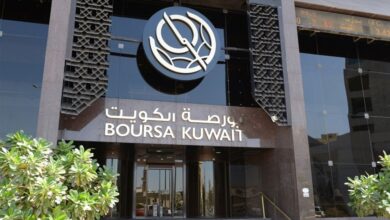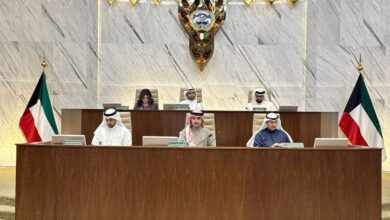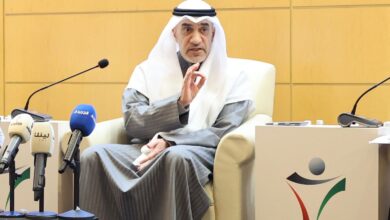Kuwait pledges 11 key initiatives to advance human rights at GCC conference
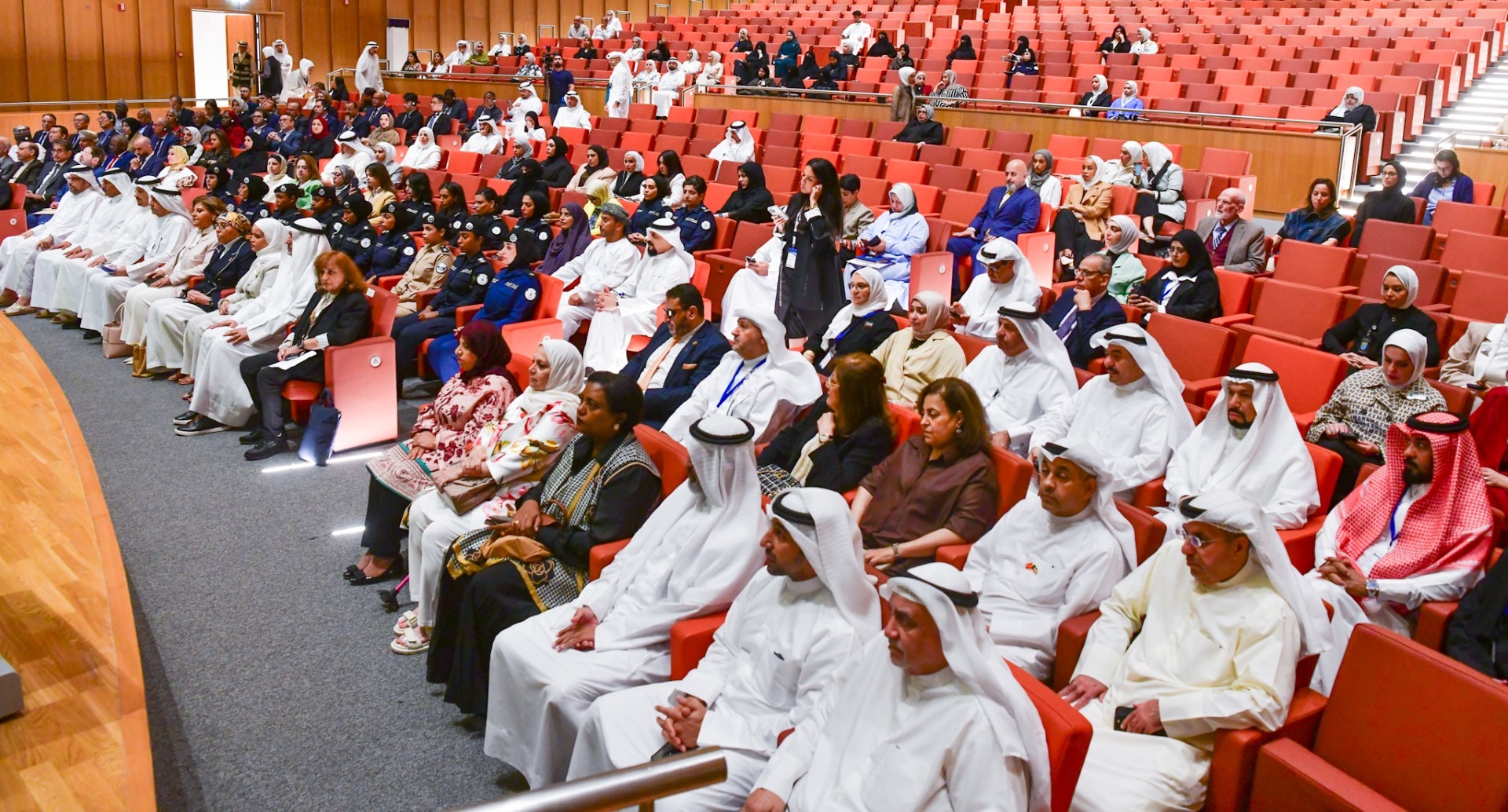
Kuwait’s Assistant Foreign Minister for Human Rights Affairs, Ambassador Sheikha Jawaher Ibrahim Al-Duaij Al-Sabah, underscored the nation’s ongoing efforts to promote human rights and enhance Gulf, regional, and international cooperation during her speech at the 50th Conference of the International Organization for Women Empowerment and Capacity Building (IWECBO), “Empower,” on Sunday.
Held under the patronage of the Ministry of Foreign Affairs at the Sabah Al-Salem University Conference Center, the conference brought together experts, academics, and civil society representatives from the GCC and Arab nations.
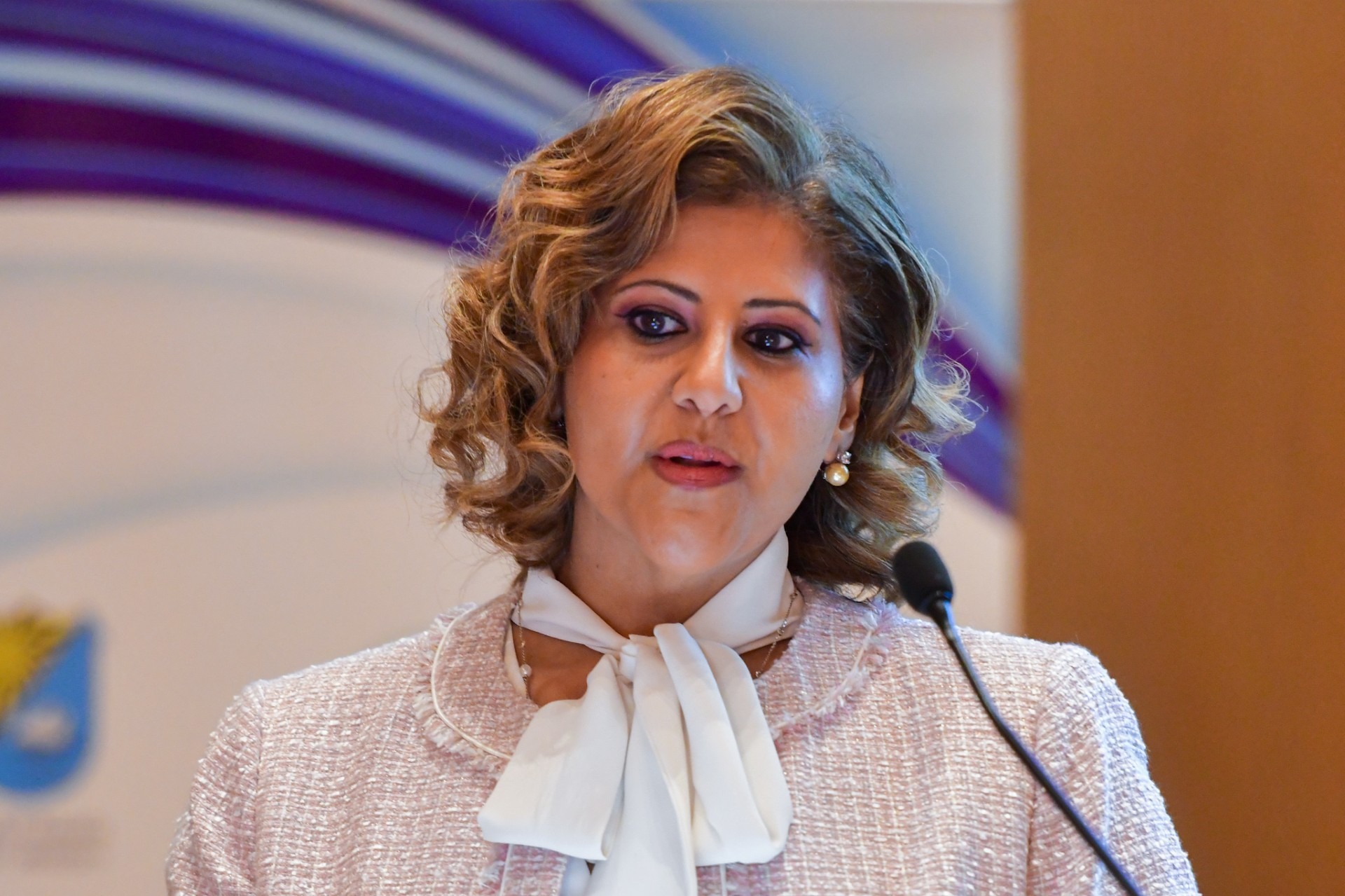
The event, in collaboration with Kuwait University’s College of Social Sciences and IWECBO, focused on addressing key challenges in implementing human rights standards across the region.
Sheikha Jawaher emphasized Kuwait’s dedication to fostering constructive dialogue on human rights, noting that the Ministry of Foreign Affairs’ sponsorship of the conference demonstrates the country’s commitment to advancing human rights principles.
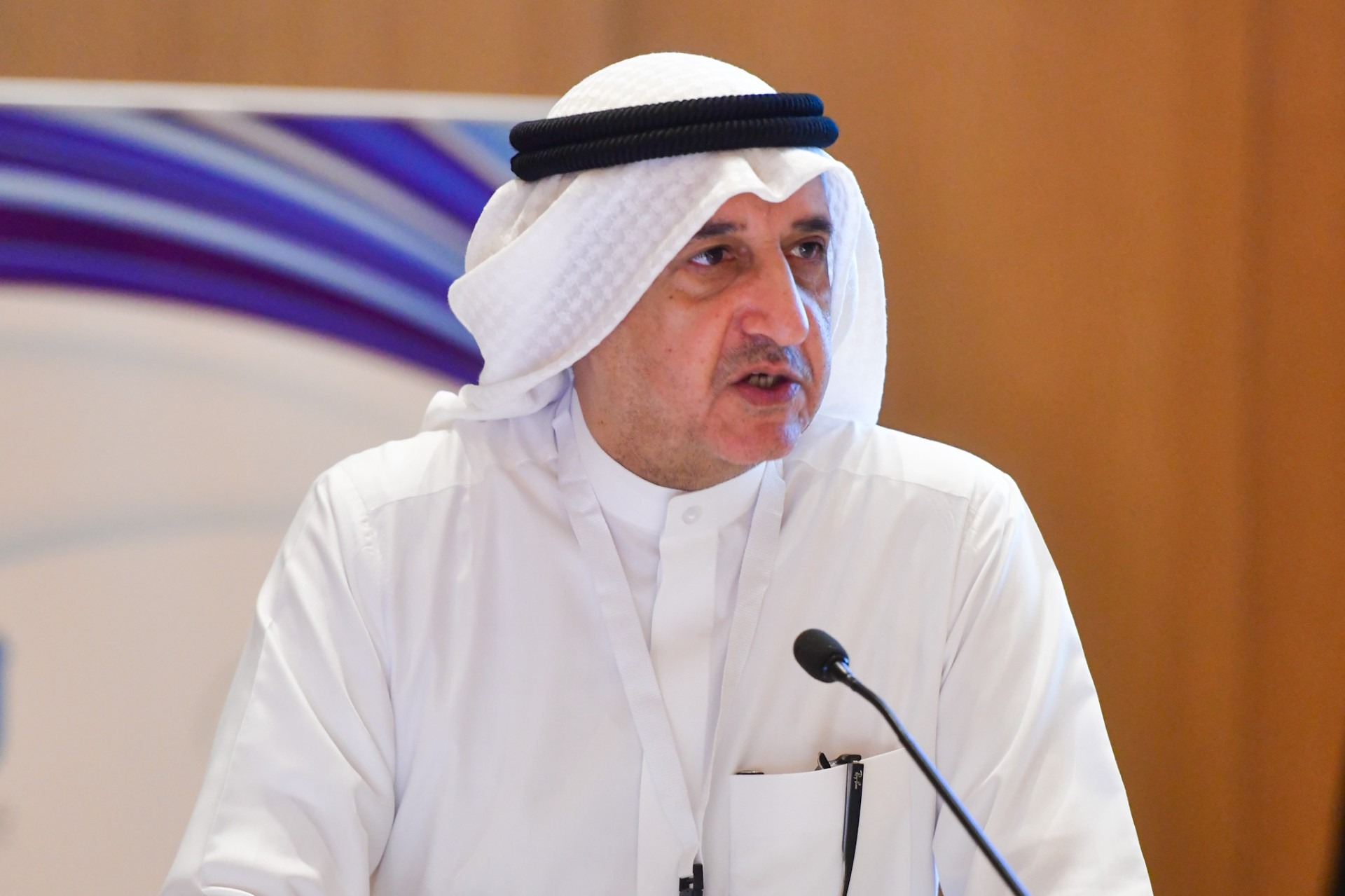
She reiterated Kuwait’s leading role in promoting a culture of human rights and strengthening cooperation at the local, Gulf, and international levels.
Highlighting Kuwait’s transparent approach to human rights, she pointed to the country’s recent election to the UN Human Rights Council with 183 votes. As part of its membership, Kuwait has made 11 pledges, including enhancing children’s rights through free education and healthcare, improving expatriate labor conditions, and advancing women’s empowerment in the economic and social sectors, all aligning with Kuwait’s Vision 2035.
The two-day conference will explore innovative solutions to regional human rights challenges and foster collaboration to build a just and equal society.
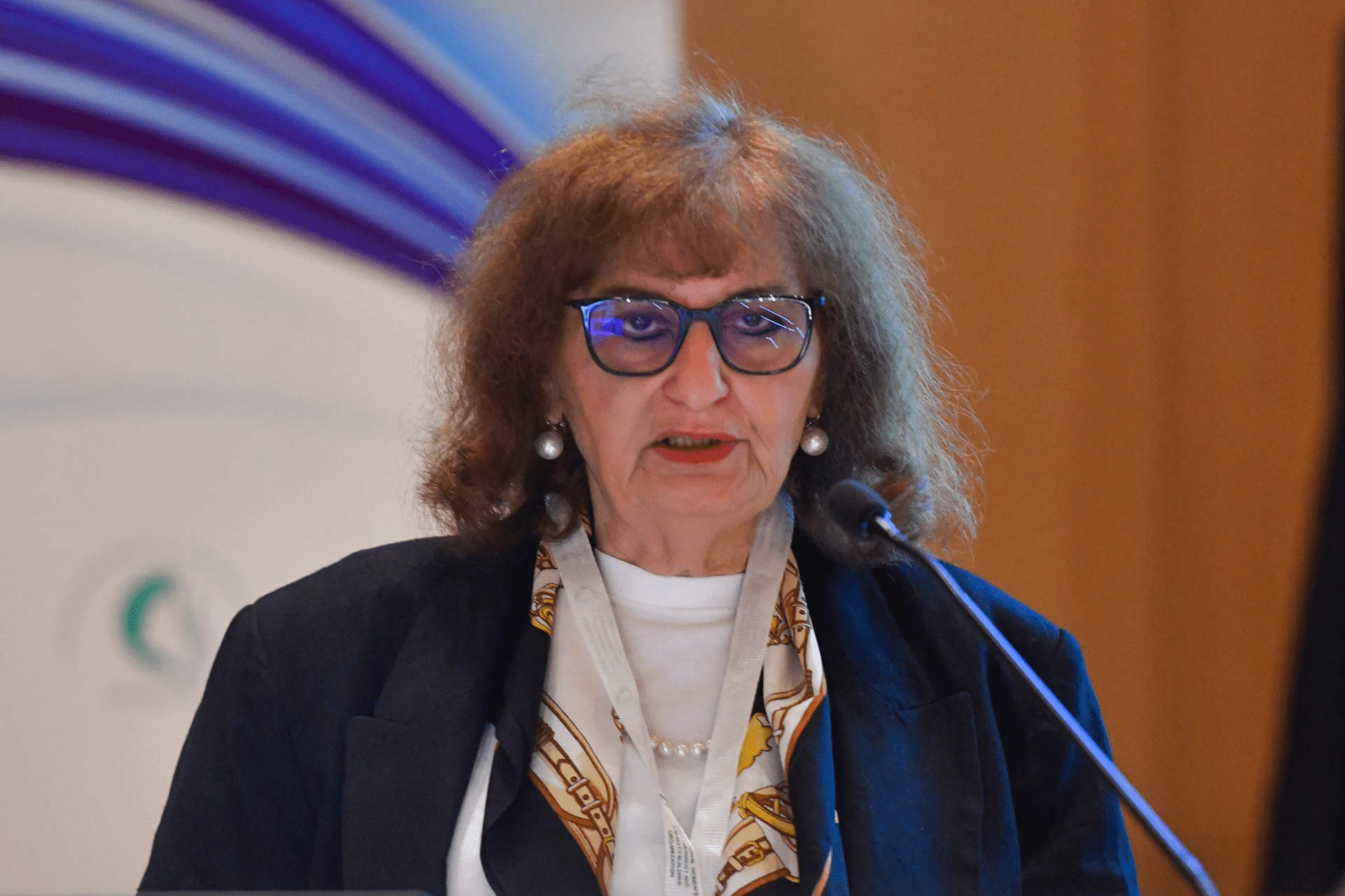
Dr. Ali Al-Zoubi, Acting Dean of the College of Social Sciences, praised the Ministry of Foreign Affairs for its active role in advancing community initiatives related to human rights and stressed the importance of developing practical frameworks to address challenges in both governmental and non-governmental sectors.
Source: KUNA







